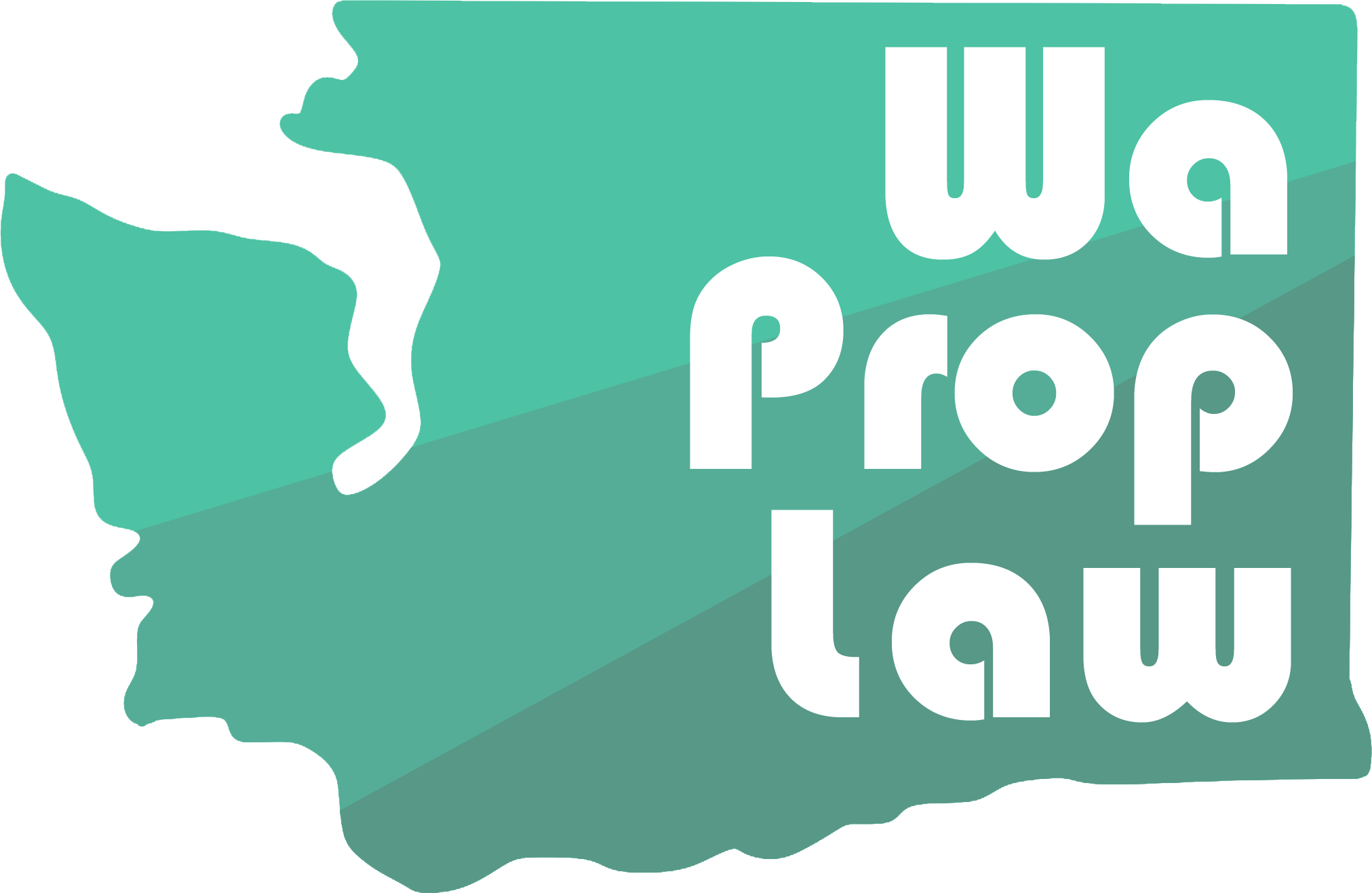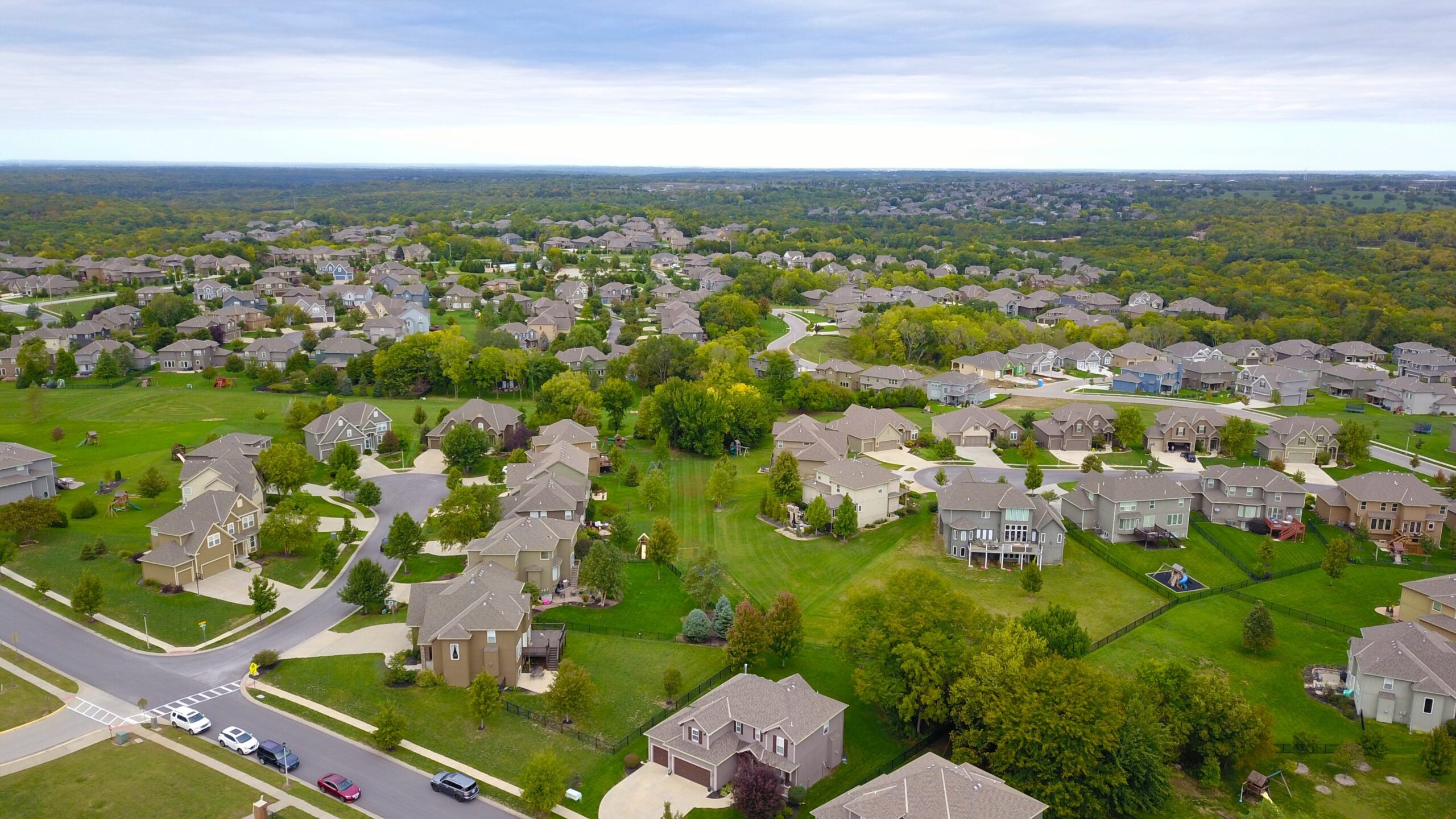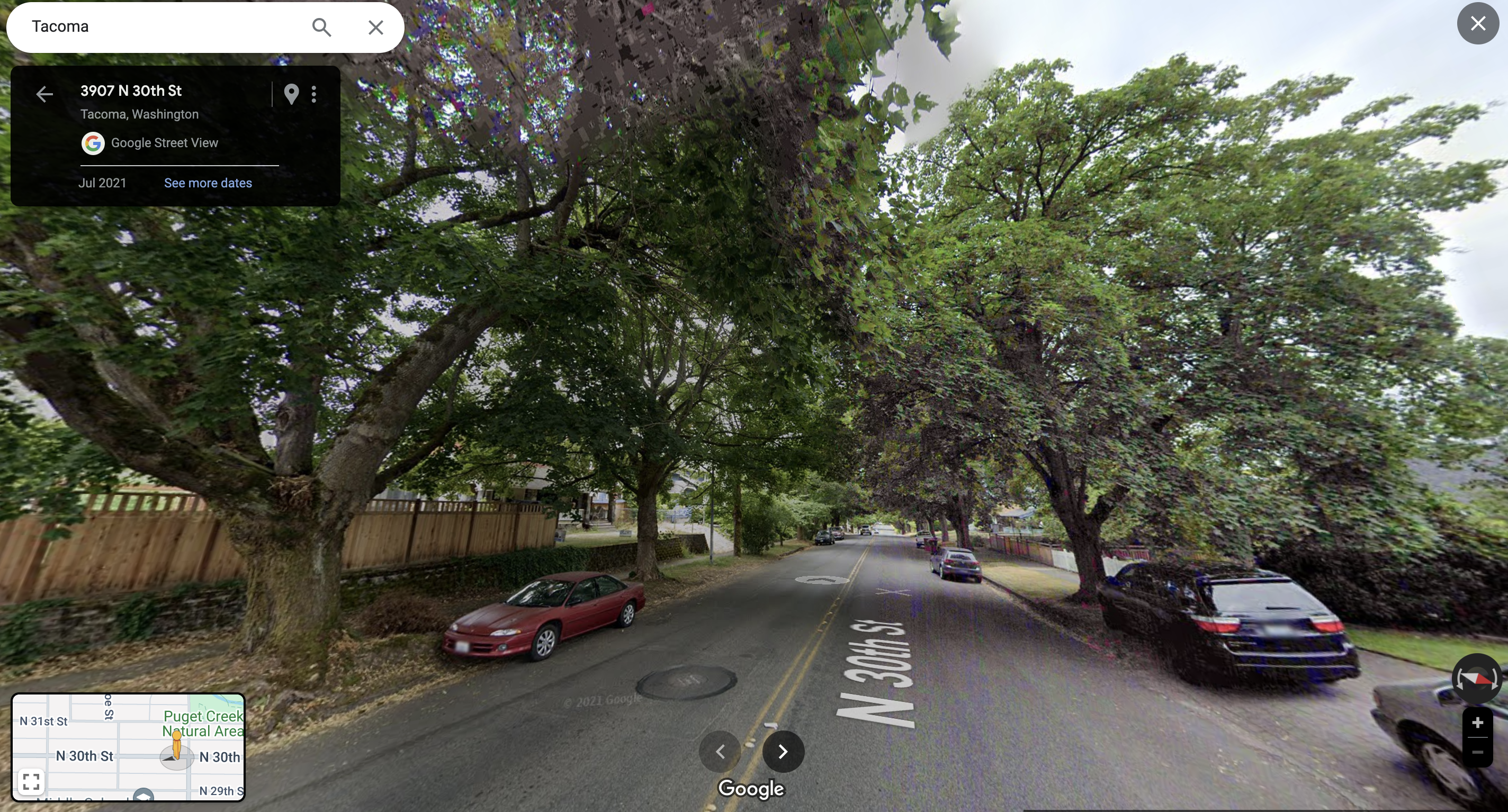What is a Development Agreement?
A development agreement is a voluntary contract between a local municipality, such as a city or county, and a property owner whose land is located within the municipality’s jurisdiction. The development agreement contains the obligations of both parties and lays out the various standards and conditions that will control development of the subject property. Although the parties may enter into a development agreement on a voluntary basis, once the agreement is signed, it becomes binding on all parties, as well as their successors in interest. Therefore, all of the laws and regulations pertaining to contract formation, breach, and termination will apply.
What Projects are Eligible for a Development Agreement?
As a general rule, development agreements are only allowed for big projects that require a substantial amount of give and take between the developer and the municipality. Per Washington State Law (RCW 36.70b.170) municipalities have the discretion to engage in Development Agreements, but they are not required to.
As with most contract negotiations, the developer and municipality won’t come to an agreement unless both sides feel that they are getting something out of it. Therefore, if you have a small or simple project, a development agreement is probably the wrong way to pursue approval. On the other hand, if you have a big project that requires multiple stages and does not exactly conform to some aspect of the zoning code, then a development agreement may be for you.
Purpose of a Development Agreement
Development agreements allow municipalities an increased level of discretion when it comes to approving a development. Therefore, development agreements can be a double-edged sword; depending on the situation and the policy goals of the municipality, they can be used to either accelerate or hinder development.
Development Agreements as a Mechanism for Exactions
Per Washington State Law (RCW 82.02.020), municipalities are generally not allowed to exact “any tax, fee, or charge, either direct or indirect,” from a developer for approval. However, this law carves out an exception for “voluntary agreements” that “allow a payment [by the developer] in lieu of a dedication of land or to mitigate a direct impact.”
The Washington State Supreme Court has determined that municipalities can condition plat approval on a development agreement:
Within the context of RCW 82.02.020, the word “voluntary” means precisely that the developer has the choice of either (1) paying for those reasonably necessary costs which are directly attributable to the developer’s project or (2) losing preliminary plat approval. The fact that the developer’s choices may not be between perfect options does not render the agreement ‘involuntary’ under the statute.
Therefore, municipalities can legally exact money from developers via development agreements.
However, there is some limit to this ability. municipalities can only exact an amount that they can justify as the cost of a “direct impact” of the development. “Direct costs” include things like increasing traffic, or a health, safety, or wellness problem. Unfortunately, development-hostile municipalities can get creative with potential impacts and use them to justify hefty exactions.
Development Agreements as a Means of Compromise
On the other hand, when a municipality is development-friendly, a development agreement can provide a means for the municipality to relax its zoning code to accommodate a development.
Some municipalities have a provision in their zoning codes that specifically allows development agreements to circumvent existing zoning. In these jurisdictions, developments are essentially a “use variance.”
In other cases, development agreements can be used to extend vesting on approved projects where vesting is about to run out. Vesting is important because properties are sometimes “downzoned” for a less profitable use. Before this happens, developers can “vest” (that is, “lock in”) their right to a specific use by making a full application before the zoning changes. However, this vesting does not last forever. If vesting is about to run out on a downzoned property, then preserving the vested zoning with a development agreement can be a huge boon to a developer.
In exchange for these benefits, the municipality can negotiate for mitigation of impacts, and require nuanced project phasing, as well as the timing of certain public improvements. With the right give and take, a development agreement can work out great for both the municipality and the developer.
Amending, Extending, and Terminating a Development Agreement
Since a development agreement is a contract, the law of contracts controls when it comes to amending, extending, or terminating (that is, rescinding) the development agreement. These issues routinely arise in long-term development agreements, since these agreements may require amendments when market conditions or other relevant conditions change. Likewise, a developer may be forced to terminate an agreement in the event he or she is unable to secure financing—or if the developer decides to do something entirely different with the subject piece of property.
Assuming the terms of the agreement have not been met, either party can theoretically seek to terminate the agreement. Most development agreements allow some flexibility when it comes to amending, extending, or terminating the agreement. However, as with all contracts, the express terms and language typically control. Therefore, it is essential to incorporate all of the necessary provisions into the agreement before you sign.
Alternatives to a Development Agreement
Even if a development agreement may not be right for your situation, there are other ways to change or alter the zoning on your property:
Click on the above links to learn more.



